Women Taking More Active Role in Craft Brewing Industry
- Kathleen Ganster
- May 10, 2021
- 4 min read
The craft brewing industry has boomed in the last decade, and right along with that boom came an increase in women involved in the industry. While it might not yet be the norm to see large numbers of women in this male-dominated world, they are taking a more active role.

Caiti Sullivan is a brewer at Dancing Gnome in Sharpsburg. Active in home brewing when she lived in Baltimore, Sullivan worked at a kombucha company and hard cider mill before moving to Pittsburgh two years ago. Since then, she has worked at Dancing Gnome in various positions, transitioning into the brewer role.
“I love this field and feel fortunate. I don’t think it is necessarily that different on a day-to-day basis for women, but there are differences,” she said, adding that these disparities are within the overall climate and not with others in the brewing industry.
“Our industry peers are very supportive. That being said, there are those people who aren’t used to seeing women in these roles and don’t think of women as holding them,” Sullivan said, noting that she has been behind the bar at the taproom when a customer will flag down one of her male counterparts to ask questions.
“Our guys will say, ‘Let’s ask Caiti, she’s the brewer,’ and the customer is surprised,” she laughed.

Jen Walzer, co-owner and co-founder of Inner Groove Brewing in Verona Borough, echoed Sullivan’s sentiments. “The brewing industry in general is pretty tight-knit and a good support system,” she said. “It is more often customers who tend to ask the men behind the bar questions and ignore the women.”
Walzer and her husband, Kevin, opened their brewery with Tim and Kelly Melle in June 2019 after many shared beer-and-vinyl nights in their basement.
“After years of home brewing and joking around about opening a brewery that would be a gathering space for those who love music and beer, we decided to do it," she said. Walzer and Kelly Melle are involved in every aspect of the brewery, including brewing alongside their husbands from time to time.
“There are many roles for women in our industry. Women can try them out and see how they fit in. The main thing is to put themselves out there and give it a go,” said Walzer.

In the nine years that she has lived in Pittsburgh, Megan Seastedt, production manager at North Country Brewing Company, has seen firsthand the changes for women in the craft beer industry.
“I've seen more women in leadership roles and in ownership roles. I've seen the number of female brewers grow, and I've seen women taking their seat at the table in this industry,” she said.
“When I moved here in 2012, I was the first female brewer in Allegheny County and then head brewer,” she added. “The history of women in our area (in brewing) has grown very quickly, which is amazing.”
Still, she notes, there are some differences.
“I've felt the need to work harder, prove myself more, and attempt to be the 'best’,” she said, adding that like other female brewers, she has faced suppliers and customers turning to her male counterparts and ignoring her. “This industry has toughened me in ways I'm not sure I would have experienced otherwise.”

Like Sullivan, Lauren Hughes, head brewer at Necromancer Brewing, worked at various jobs in the industry before becoming a brewer. After home brewing her own beer, Hughes decided to leave her profession in music to jump into the craft brewing industry full-time.
“It’s hard getting into this industry anyway, but it is very much a ‘boy’s club’ which makes it even harder for women,” she said. “When you are a woman, you have to work harder in all aspects, but it’s like that in many industries.”
Hughes also suggests that women interested in brewing “put themselves out there” and get educated. Following her own advice, she participates in several organizations, including serving on the board of the District Pittsburgh Master Brewers Association of the Americas.
“We do it all. We do all that our male counterparts do, and we love doing it,” Hughes said.
Support and Advocacy
The Pink Boots Society, a national nonprofit that promotes women in the fermented/alcoholic beverage industry through education, serves as a resource for this female workforce. The local chapter was formed in 2015.

“One of the most impactful things that the organization does is provide several scholarships per year that allow women to enhance their educations and hopefully advance their careers within the beer industry,” said Brooke Franus, chapter leader.
To help raise funds for these scholarships, the Pink Boot Society features Collaboration Brew Day beers. In the Pittsburgh region, three beers have been brewed so far this year with part of the proceeds going to the society.
“As more attention is being drawn to inequality and lack of diversity within the beer industry, the organizational leadership is currently looking at ways they can shift their mission a bit in order to better advocate for its members,” Franus added.
Seastedt is active with the Equity and Inclusion committee with Brewers of Pennsylvania.
“We spent 2020 building an instructional code of conduct to support potential abuses that we see primarily women face,” she said. “For 2021, we will be fundraising to support educational opportunities and grants to members of the guild who identify as female, BIPOC, LGBTQIA+, or people with disabilities.”
A newer group, the Pittsburgh Brewing Diversity Council (PBDC), was created in 2020 to, in part, “adapt the people aspect of the craft beer community to be as diverse as the styles on the tap list.” The council includes those who work in the craft beer industry who are people of color, women, and people who identify with the LGBTQIA+ community. Hughes is a member of PBDC, and Sullivan and Hughes are both officers of the District Pittsburgh Master Brewers Association of the Americas and part of its diversity subcommittee.
“We want to see those who might not be thought of in the industry to be considered ‘normal’ in all aspects—drinking and enjoying beer, working in the taproom, brewing and packaging,” said Sullivan. “Like in every industry, if people aren’t used to seeing someone like them in a role, they can’t imagine themselves in that role. We want to change that.”

























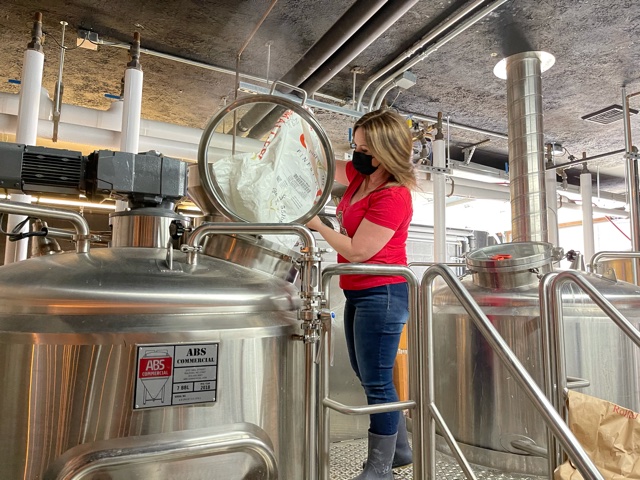



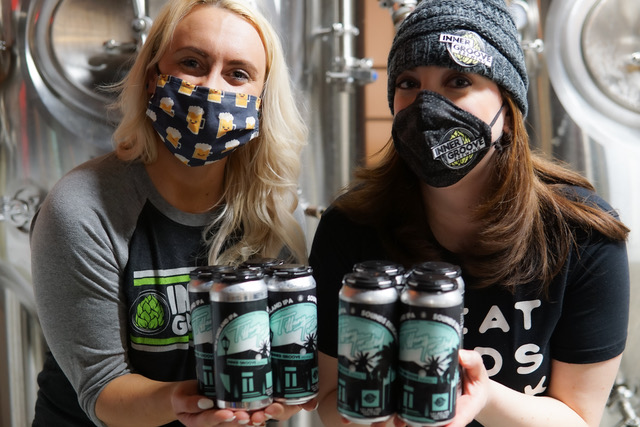

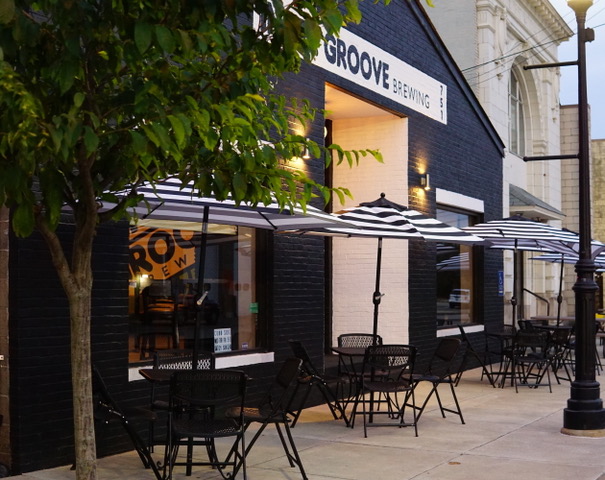

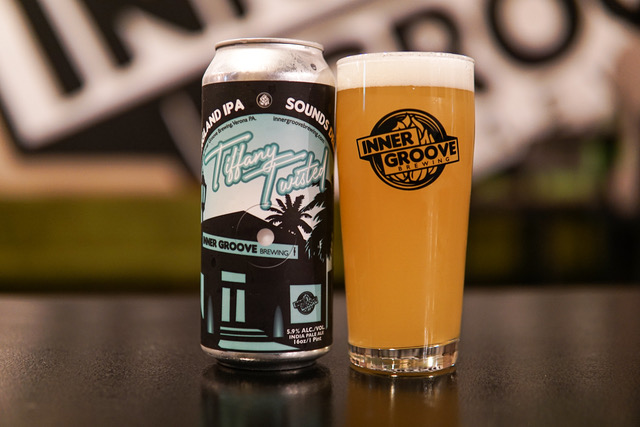




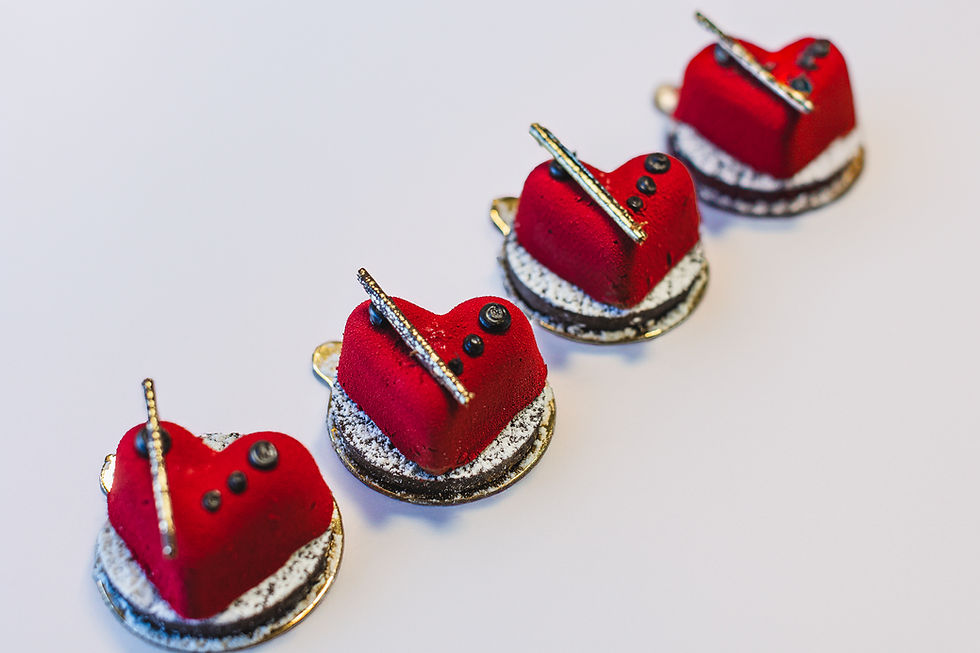
It's inspiring to see women taking on more active roles in the craft brewing industry, helping shape the future of the sector with innovation and creativity. As the industry grows, maintaining efficient equipment is key to success. For breweries relying on industrial machinery, I recommend considering the quality of electric motors used in their systems. Proper maintenance of these motors ensures consistent performance, minimizes downtime, and supports the production of high-quality brews, helping businesses thrive in a competitive market.